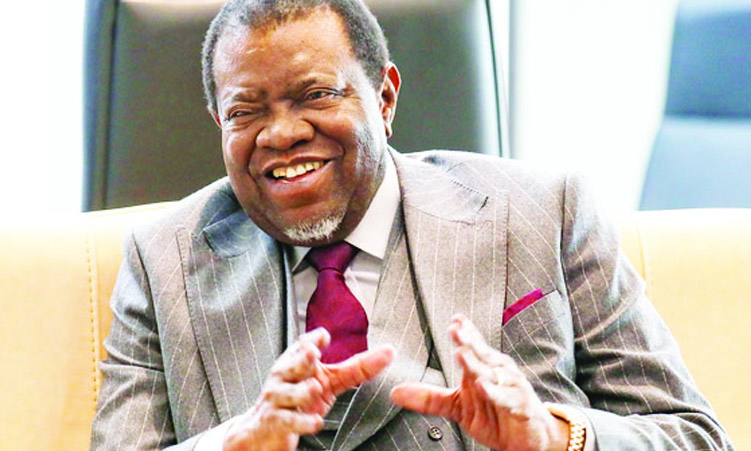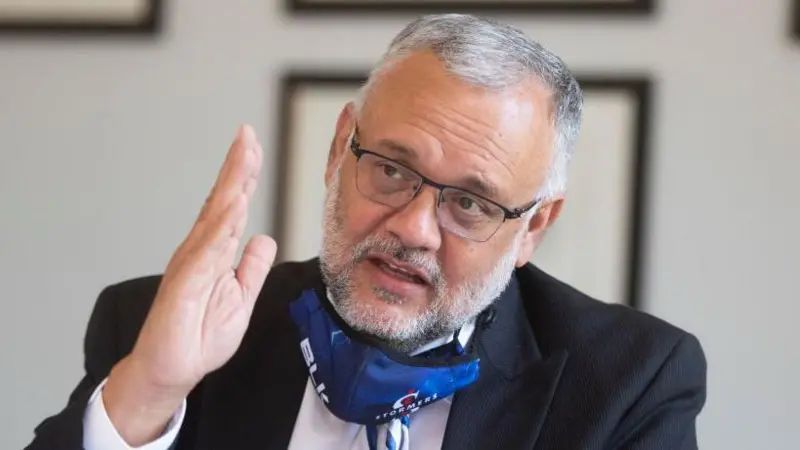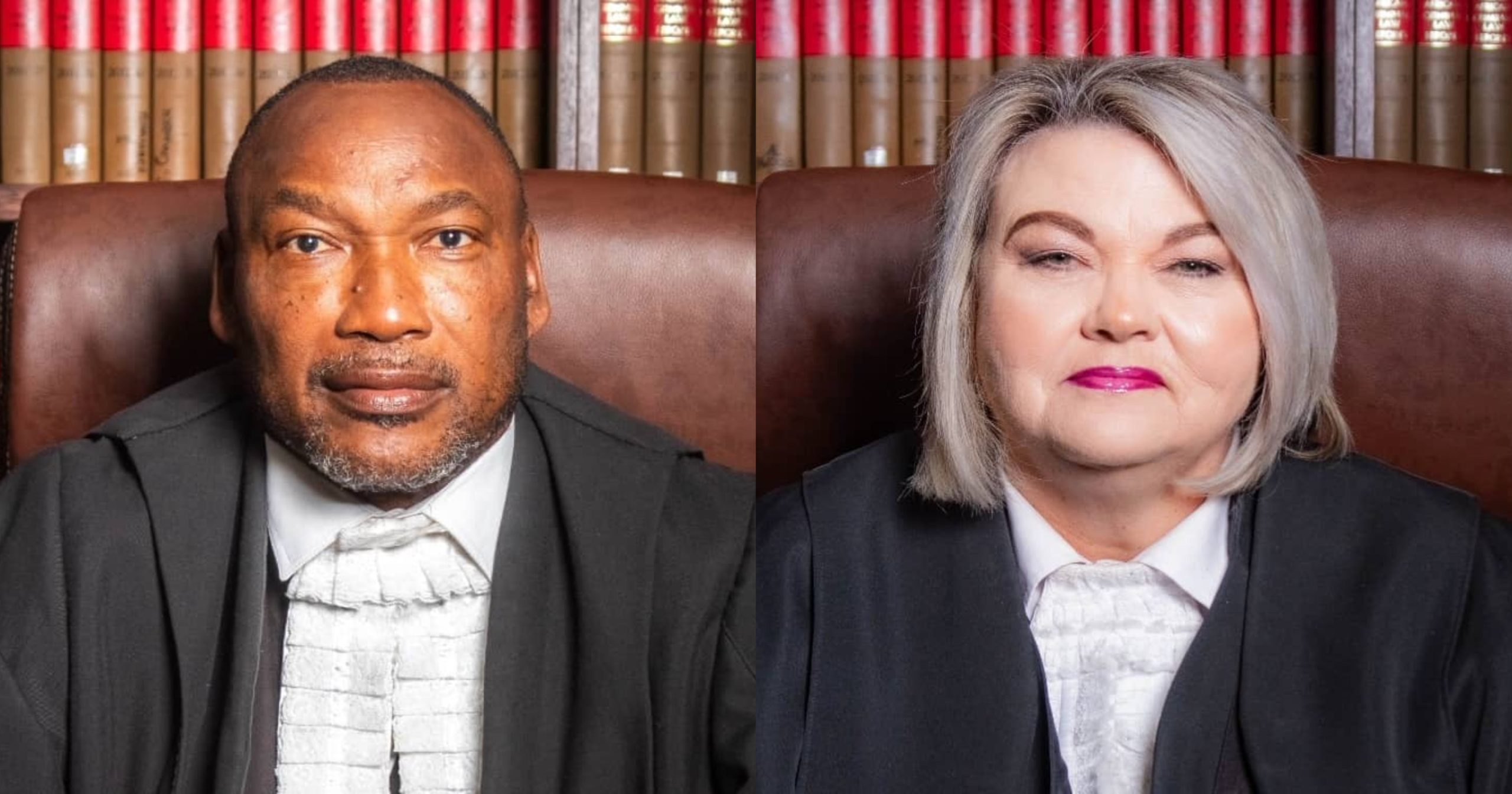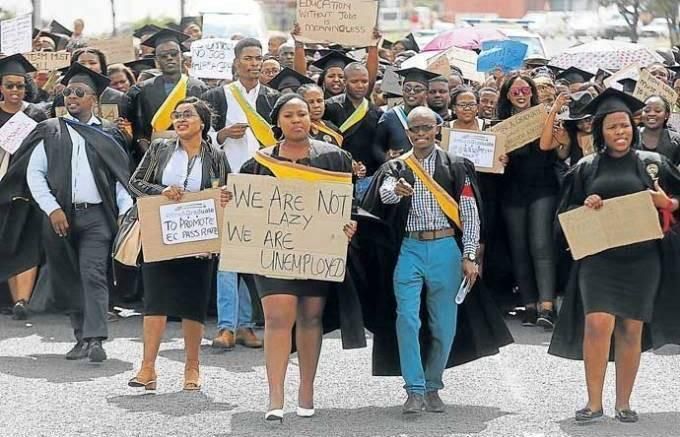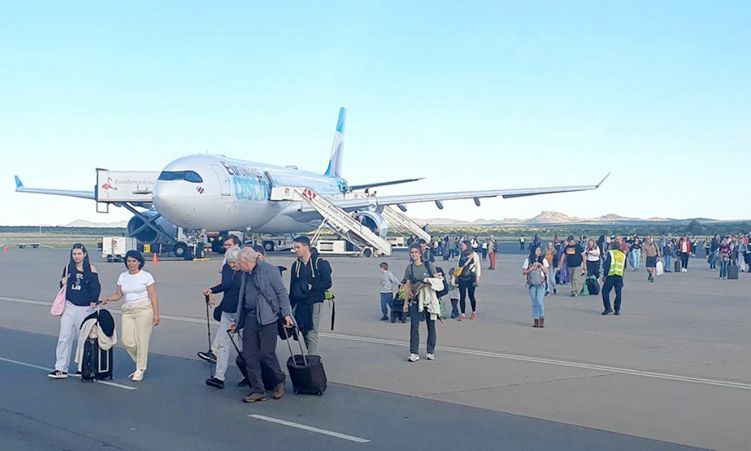Hage Geingob (1941-2024)
On 21 March 2015, Hage Geingob was sworn in as Namibia’s third head of state since the country’s independence on the same day in 1990.
In his inaugural address, he introduced the metaphor of the Namibian House, his trademark in office: “All of us must play our part in the success of this beautiful house we call Namibia. We need to renew it from time to time by undergoing renovations and extensions… Let us stand together in building this new ‘Namibian House’ in which no Namibian will feel left out.”
He reiterated this message in his New Year’s address in 2024, which following a habit he had introduced, was dubbed the ‘Year of Expectations’.
“I call on all of you to hold hands and to ensure that no one feels left out of the Namibian House.”
Namibians were unaware that this would be the president’s last address. In mid-January this year, Geingob disclosed having cancer. He returned from special treatment in the United States (US) on 31 January to die on Namibian soil.
The news broke in the early hours of 4 February and Namibians paused in a shared feeling of loss and mourning.
Often criticised while he was alive, everyone seemed to realise what they had lost with Geingob’s death. More than his predecessors, he invoked feelings of being a man of the people.
Namibians have become used to having the civil liberties the country’s Constitution provides – a “living document”, as Geingob often called it.
As chairperson of the Constituent Assembly, drafting and adopting it as the final step towards independence in early February 1990, he was its decisive architect.
Freedom of speech and opinion, academic freedom and fundamental human rights have remained the guiding principles of the country’s political culture and governance since then. But Geingob disliked being criticised in the media and often reacted rather dismissively and annoyed.
As an ardent football fan, he demanded “play the ball and not the man”.
But he proudly bragged that Namibia scored high in global media freedom and not just on the continent. In the 2023 World Press Freedom Index of Reporters Without Borders, Namibia’s rank of 21 was the highest in Africa – one place behind Germany, outscoring the United Kingdom (26) and the US (45).
As Gwen Lister, founder of the independent local newspaper The Namibian and author of ‘Comrade Editor’, said: “Our late president didn’t always have a love affair with media, nor they with him, but his consistent support for press freedom solidified our democracy. Kudos!”
WISHFUL THINKING
But his promise that no Namibian should feel left out remained wishful thinking. ‘The Namibian House’ has very different rooms and many of these do not meet the standards to secure minimum human dignity. Namibia, like South Africa, remains as a higher middle-income country and among the world’s most unequal societies, with half the population living in or near poverty.
The economy went through some rough years after Geingob took office. By 2024 it had just recovered from the shocks and regained its 2015 level. But many factors such as droughts, a slump in world market prices for its natural resources and the Covid pandemic were beyond his personal responsibility.
He received praise for handling one of the worst Covid-19 disasters worldwide. His declared crusade against corruption, however, was a failure.
As sad and tragic as it may sound, Geingob’s biggest lifetime achievement became obvious with his departure. He left behind a governance structure which had all the provisions in place for a smooth transition. On the same day that he died, Nangolo Mbumba, the country’s vice president since 2018 (the same age as and a long-time loyal comrade of Geingob), was sworn in as the fourth president of the republic, in accordance with the Constitution.
“Don’t panic,” was his promise at the inauguration. “I am not going to be around for the elections”. These take place in November for the National Assembly and for the Presidency, their terms starting on 21 March 2025.
Mbumba negotiated the return of the Walvis Bay enclave to Namibia in the early 1990s, served as minister in various portfolios and was Swapo’s secretary general between 2012 and 2017.
“The rule of law is essential in the preservation and advancement of our democracy,” he declared at the opening of the judiciary’s legal year, stressing the need for an independent judiciary.
He promised “to reaffirm, as our late president did during his tenure, the doctrine of the separation of powers”. On his fifth day in office, which coincided with the 34th anniversary of the adoption of the Constitution, he declared that the Constitution was “a sacrosanct document” and a guidepost for the smooth transition Namibia had witnessed.
Toivo Ndjebela, editor of Namibian Sun, on the sad day of Geingob’s departure, found perhaps the most appropriate words in a post on X: “No military personnel on the streets. No tanks. No metal helmets. No gunshots. No smoke wallowing from anywhere. Seamless transition. Just like president Geingob would have wanted. I’m sad but also incredibly proud of our country today.” – Daily Maverick
Stay informed with The Namibian – your source for credible journalism. Get in-depth reporting and opinions for
only N$85 a month. Invest in journalism, invest in democracy –
Subscribe Now!




